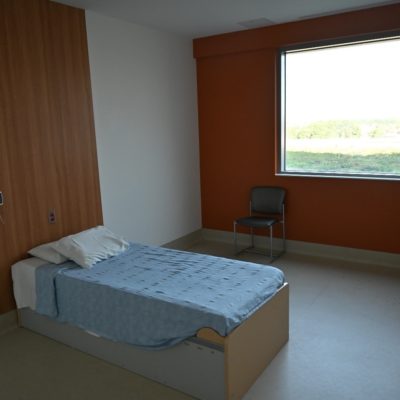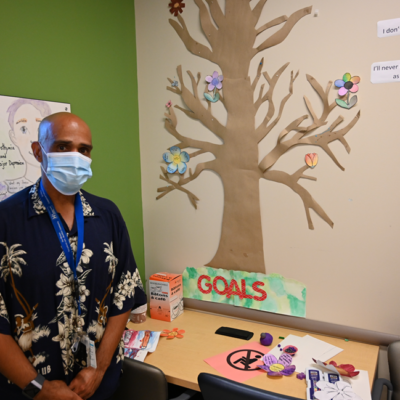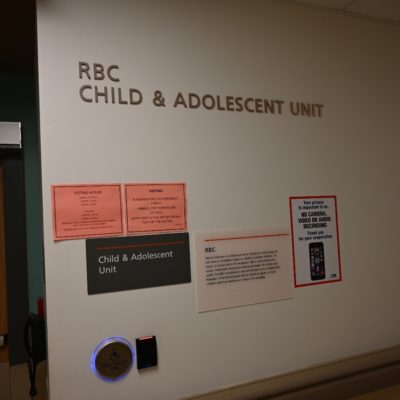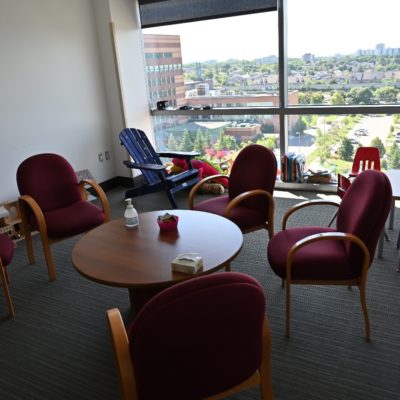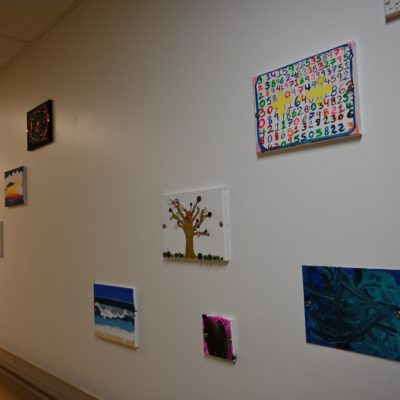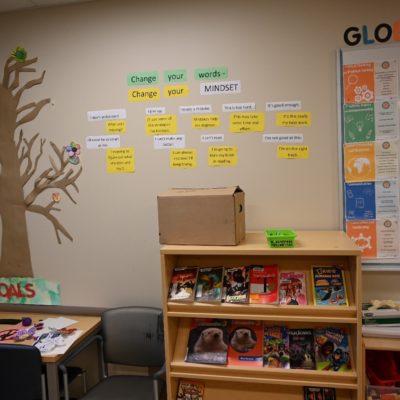The Child & Adolescent Mental Health Program and COVID-19
19
Aug
2020
Mental illnesses are surprisingly common in children and youth. Many mental illnesses show up before the age of 18, so they can have a huge impact on a child’s development. HRH’s Child and Adolescent program assess children and youth with a multitude of conditions, including:
- Anxiety disorders
- Attention-deficit /hyperactivity disorder (ADHD)
- Mood disorders – includes depression and suicidal thoughts
- Psychotic disorders
- Conduct disorders
- Childhood trauma
- Gender identity concerns
How can COVID-19 impact people’s mental health?
If not treated early, mental illnesses can be disruptive enough to a child’s normal development that can affect them for the rest of their lives. The issue of COVID-19 adds an additional layer of complexity to one’s mental health. Often the school system picks up mental health concerns and re-directs the child/ youth to health care providers for support. In the absence of the school, such protective factors are no longer available for children and youth. We know how COVID-19 affects people’s physical health negatively, but COVID-19 also impacts the individual’s emotional and psychological state, which could cause the following:
- Increased anxiety – being extremely afraid of things or situations to the point where it interferes with daily life.
- Increased isolation, loneliness and depression
- Increased lack of community supports such as access to home visits from case managers, child and youth counsellors.
The Child and Adolescent Outpatient Program started transitioning from in-person assessments and consultation appointments to virtual appointments almost instantly once the Pandemic was declared.
What is apparent is that during a time of “lockdown”, family stressors can become more acute, leading to potential domestic abuse, child abuse and neglect. The team is aware of the importance of assessing the family and the child and or youth.
What tips do you have for people to improve their mental health?
Take time for yourself, do things that you enjoy doing, for example:
- Listen to music
- Develop your hobbies
- Physical exercise
- Good nutrition
- Staying connected with supportive communication: Checking in on each other
What are the components of the Child and Adolescent Mental Health Program?
Inpatient Unit
The Child & Adolescent Mental Health program serves children and youth up to their 19th birthday. Six inpatient beds are used for acutely ill children and adolescents who need 24-hour protective support within a therapeutic environment with the provision of psychiatric assessment and stabilization. The treatment team consists of a psychiatrist, child and youth workers, teachers, an education assistant, a social worker, registered nurses, a dietitian, a chaplain, and a pharmacist. Together with the patient and family, the treatment team creates an individualized treatment plan for each patient. The average length of stay is intended to be less than two weeks. The model of service supports a bio-psychosocial framework.
Child and Adolescent Urgent Care Unit
This outpatient urgent clinic provides short-term support to children, youth and families who are going through a mental health crisis and are in urgent need of treatment on an outpatient basis. The goal is to provide a comprehensive assessment and treatment plan in a timely way. Once a referral is made to this clinic, the intake worker will contact the family within three working days to schedule the first appointment. The clinic offers a maximum of six sessions. All referrals must be from HRH Emergency Department following the assessment by the attending psychiatrist.
Transitional Day Program
In collaboration with the Toronto District School Board, this program promotes the gradual transition of the individual back to their home, school, and community. The program also allows the individual to return to their family/home at night while still participating in therapeutic and academic activities in the hospital program. Admission to the program allows for a thorough medication assessment, diagnostic clarification, crisis intervention and stabilization of the individual by an interdisciplinary team. Participants attending the program engage in classroom education to promote academic achievement while receiving therapy.
Child & Adolescent Outpatient Clinic
The clinic provides outpatient treatment to families and children and youth up to 19 years of age, who are experiencing or are at risk of developing a serious psychiatric disorder. The service provides non-emergency evaluation, individual and family assessment, psychiatric consultation and medication management. Referrals to the service come from the Emergency Department, the Child & Adolescent inpatient unit, Transitional Day Program, and Family Physicians and Pediatricians.

